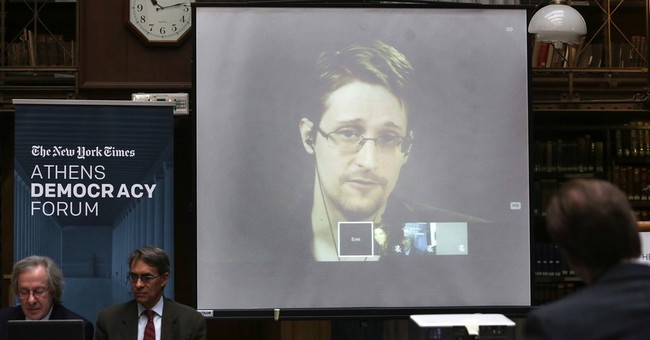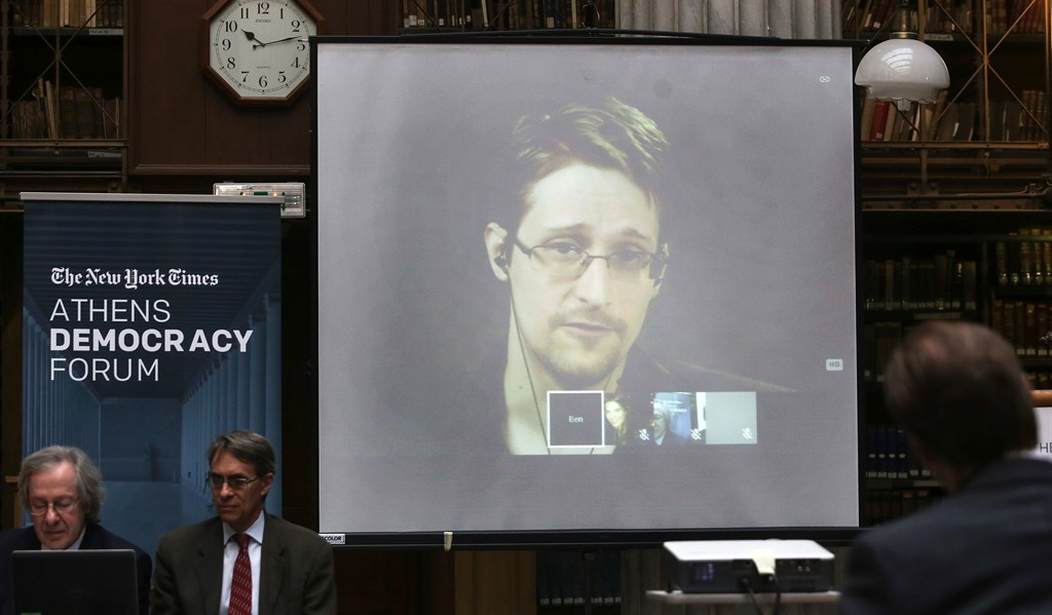
In 2013, when Edward Snowden first became a household name, he was first painted as a leaker, a spy, and worst yet, a traitor to his nation. I too at one point had an extremely negative view of Snowden and felt that he had “another way” to deal with the prospect that the federal government was spying on its own citizens absent any form of court authorization to do so.
Yesterday, in a stunning development, the Ninth Circuit Appeals Court ruled that the surveillance program revealed by Snowden was illegal and was not justified by any of the supposed cases of terrorist activity that were stopped as a result of the mass surveillance program. Perhaps what is most alarming about this ruling is the numerous government officials that testified in both courts and to Congress, denying the program even existed.
In early 2013, Snowden was hired by National Security Contractor Booz Allen Hamilton to help oversee and operate programs for the NSA. It was during this time that Snowden was made aware of the mass-surveillance program and made several attempts to report his concerns with the program through the whistleblower channels within the National Security Infrastructure. As a result of denials of his attempts to change the policies, Snowden left the US and contacted journalists to release the information in a means to make Americans aware of the program.
After journalists published the story in June 2013, Snowden was lambasted and ostracized by National Security experts as a spy and demanded charges. Later in June, the US Government filed three charges against Snowden for conveying the information to the press and elected officials accused him of treason.
From a 2013 Politico Article:
“Sen. Bill Nelson (D-Fla.), who has called Snowden’s leaks “an act of treason,” praised the move. “I’ve always thought this was a treasonous act. Apparently so does the U.S. Department of Justice,” he said, although the complaint unsealed Friday does not include a treason charge. “I hope Hong Kong’s government will take him into custody and extradite him to the U.S.”
As a result of the threat Snowden faced for extradition, he fled to Moscow only to find out that his passport had been canceled by the State Department and he was prevented from leaving the airport in Moscow for over a month. Later, after much deliberation by the Russians, Snowden was granted asylum and allowed to enter the country. The request for asylum was likely granted on the condition of Snowden’s cooperation in sharing intelligence in his possession with the Russians.
Since then, Snowden has been living in Russia, likely under surveillance and protection from the Russians, occasionally making comment on social media about his case and US Intelligence efforts.
Snowden claimed vindication from the ruling on Twitter:
Seven years ago, as the news declared I was being charged as a criminal for speaking the truth, I never imagined that I would live to see our courts condemn the NSA's activities as unlawful and in the same ruling credit me for exposing them.
And yet that day has arrived. https://t.co/FRdG2zUA4U
— Edward Snowden (@Snowden) September 2, 2020
Some politicians are calling for Snowden’s pardon:
Edward @Snowden deserves a pardon from President @realDonaldTrump.
— Rep. Matt Gaetz (@RepMattGaetz) September 3, 2020
Matt is right. This is important. @Snowden exposed illegal and unconstitutional actions by the Deep State, including Clapper and others who went after @realDonaldTrump and lied about it. https://t.co/Qb95PWypxm
— Senator Rand Paul (@RandPaul) September 3, 2020
At this point, it is important we review exactly what happened in the Snowden case. Remember, Snowden attempted to go through the proper channels to make his complaints about the program. Later, after Snowden went to the press to expose the program, US Government officials including Clapper LIED about the existence of the program.
Certainly, Snowden’s actions AFTER twice being denied whistleblower protections are open to scrutiny, we need to question whether or not Snowden would have ever gone to the lengths of escaping into the open arms of the Russians if he had been granted those protections. It wasn’t that Snowden escaped prosecution by running to the eager Russians but rather Snowden was driven to Russia as he had nowhere else to go. Other countries might have exposed him to enhanced interrogation (see torture) to extract other information from him. Many other countries would have agreed to any extradition request from the US.
Snowden didn’t act out of vengeance or anger or hatred. He acted out of necessity. His “freedom” (I don’t believe he is really free) in Russia has enabled the continued discussion of the matter and the eventual court rulings that vindicated his initial actions. Did he make mistakes after being denied? Certainly. But the actions of the US Government, acting in bad faith and lying to Congressional leaders helped to foster the environment in which Snowden needed to flee.
In light of this, it may be time for us to consider pardoning Edward Snowden. It may be time for us to consider that the Government’s illegal and unconstitutional actions are what drove Snowden to Russia and offering him a pardon could be a way for him to return to the US and help intelligence officials evaluate what other information the Russians may have garnered from his time there.
Snowden may not be a saint, but he certainly isn’t a sinner. A sin of omission (lack of options of where he could safely go) versus a sin of commission (intentionally going to Russia to deliver covert information) are two completely different things. Snowden may be guilty of the first, but he certainly is not guilty of the second. It is time we put away the Government’s case against him and allow for us to bring him home, not to a hero’s welcome but to one of apology for Intelligence Officials not heeding his warnings and creating the conditions for the last 7 years of his life. It is time to #PardonSnowden.














Join the conversation as a VIP Member